
A non-binary parent has said they finally feel “comfortable in their own skin” after their breast cancer diagnosis prompted a double mastectomy.
Kit Morey, 53, who lives in Brighton, East Sussex, with their wife, Emma, and their three teenage children, came out as trans non-binary in October 2019 after experiencing gender dysphoria since their childhood.
In May 2021, a routine mammogram revealed Kit had a cancerous tumour growing in their left breast which left them feeling at fault because they “never checked” their breasts, “couldn’t bear to touch them” and wanted to “forget them”.
Kit was informed their cancer treatment would require a single mastectomy but they asked for both breasts to be removed as they “just needed to get rid of them”, but this surgery could not be performed on the NHS as it was not Kit’s prescribed treatment – prompting them to seek the operation via a private surgeon.
They recalled feeling “guilty” for wanting a double mastectomy as they acknowledge it can be “devastating” for women who lose their breasts to cancer, but they ultimately feel their diagnosis gave them the opportunity to “make something good out of something bad”.
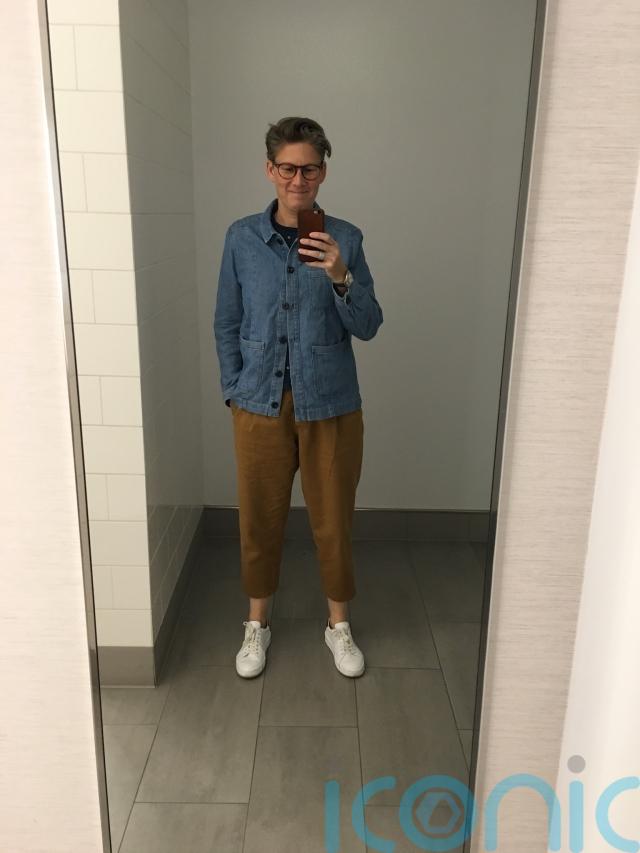
Most recently in January this year, Kit’s surgeon was able to create nipples from their own skin, which they are looking to have tattooed over the coming winter months.
Kit now hopes cancer care and treatment options will be viewed through a more non-gender specific lens as they say “medical care isn’t binary” and there “isn’t a one size fits all for cancer care”.
“I lived for more than 30 years knowing that I should be living a different way and it took the cancer diagnosis to force my hand,” Kit, a television producer, told PA Real Life.
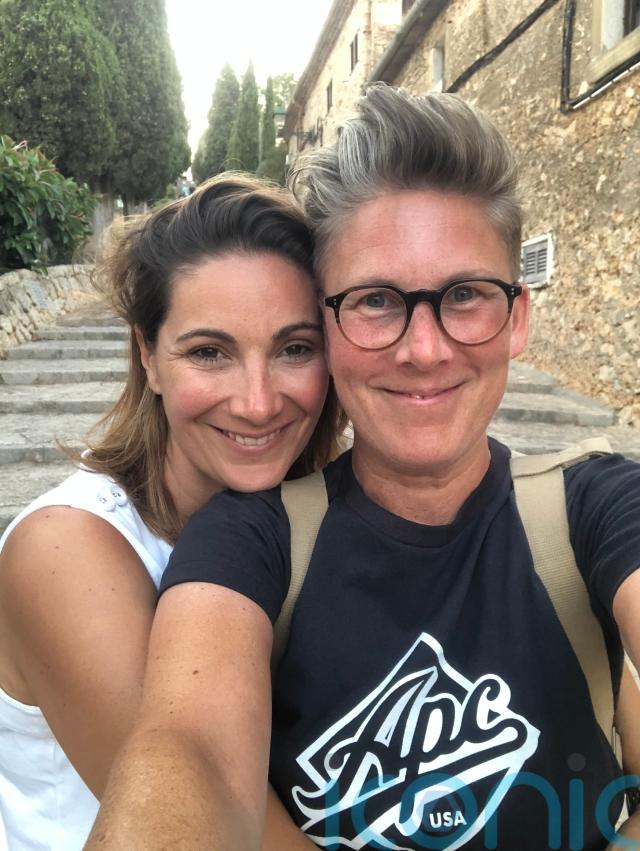
“I was so lucky (the surgery) freed me from cancer, first and foremost, but it also gave me the chest I’d always wanted.
“I’m grateful to finally feel comfortable in my own skin.”
Born female, Kit came out as trans non-binary in October 2019 after experiencing gender dysphoria since their childhood.
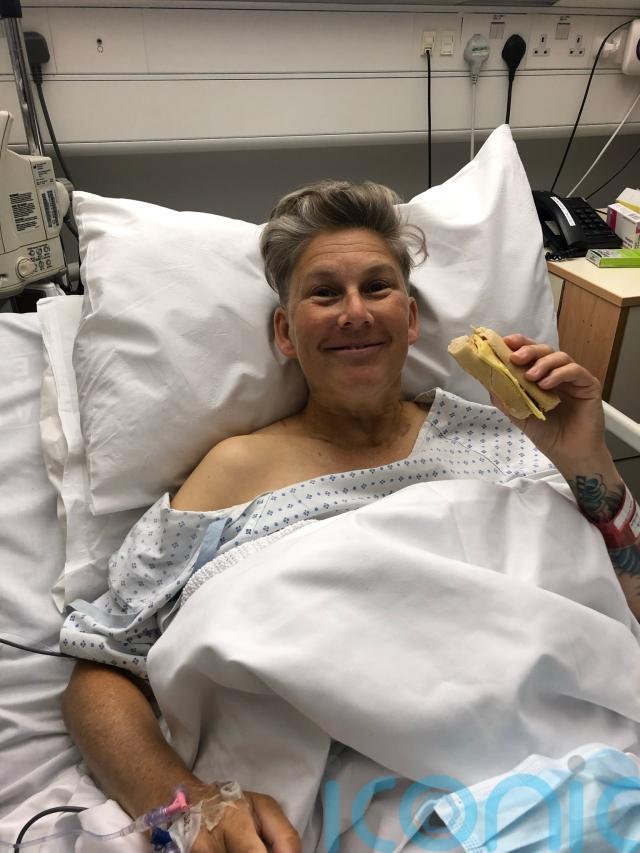
“I feel very sad that I’ve reached the age I have and wasn’t brave enough or had the words to do this in my 20s,” Kit said.
“We didn’t have the words to identify as non-binary or have top surgery back then, so I do feel quite a lot of regret.”
In May 2021, Kit was asked to attend their local breast clinic for a routine mammogram, which they said they have always found “distressing”.
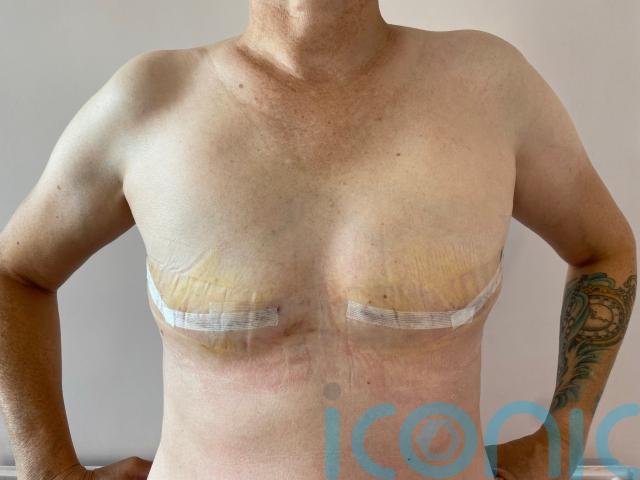
“For me, having any form of medical test or exploration, anything that was to do with my breasts or gynaecological issues, I found very distressing because it just didn’t relate to me,” Kit said.
“I never checked my breasts as I couldn’t bare to touch them, I wanted to forget them.”
Six days later, Kit received a letter asking them to return to the clinic for further testing.
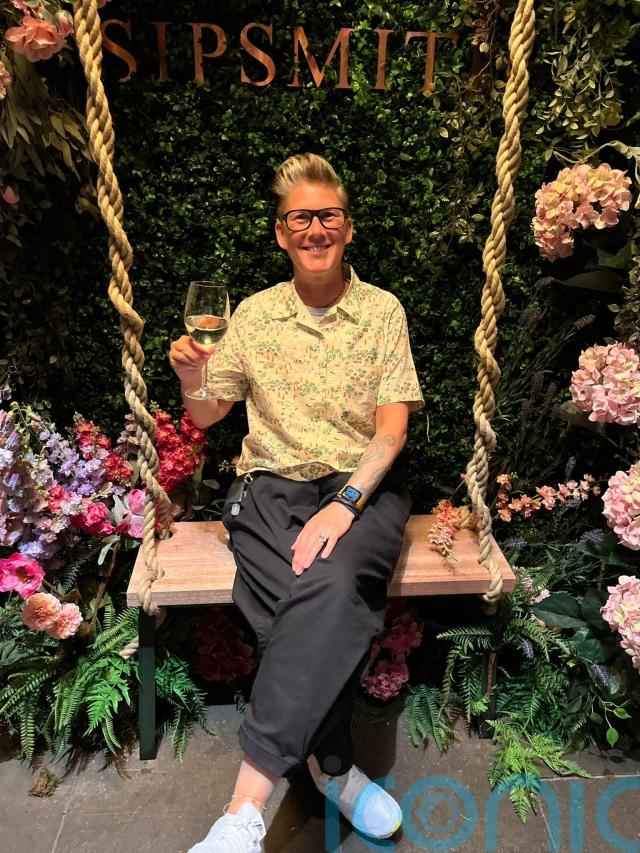
They had 12 biopsies and an ultrasound scan, which Kit described as “horrific” due to the further examinations on their breasts.
“To me, it sounded like they knew what it was already,” they said.
“I felt like I’d brought it on myself because I haven’t checked my breasts, I had always wanted them gone and now they’re going to kill me.”
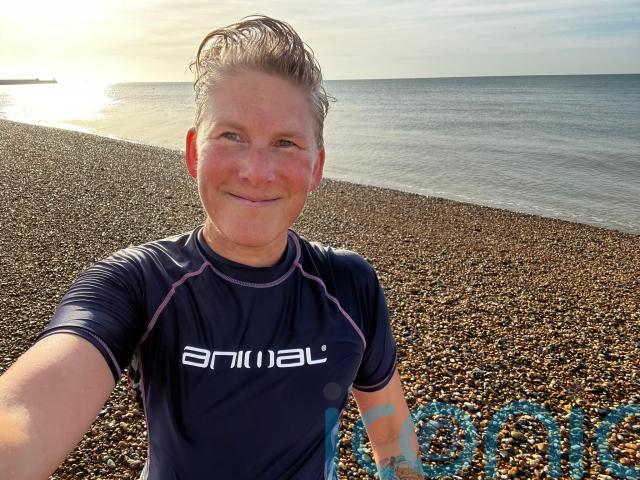
The biopsies revealed Kit had ductal carcinoma in situ, a 1.9cm cancerous tumour growing in the milk duct of their left breast.
As it was contained to one area, they were told the treatment would be a single mastectomy but they felt this would not align with their ongoing gender identity journey.
Kit asked if they could have a double mastectomy as a way of treating their cancer and removing both their breasts, but said their doctor was unable to perform this as it was not their prescribed cancer treatment under the NHS.
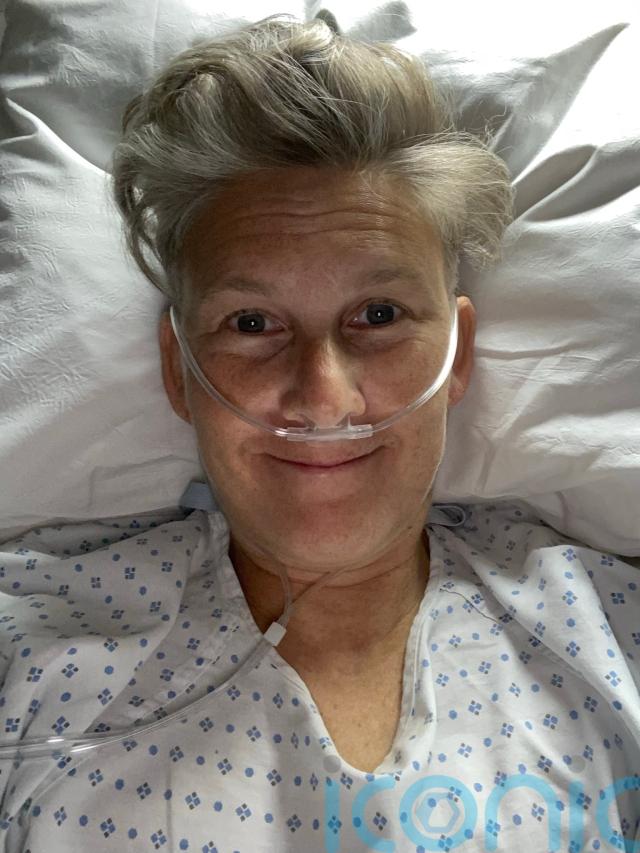
“I knew I was going to have to have an operation but it was then, how is this going to fit in with the way I feel about myself,” Kit said.
“I just needed to get rid of my breasts, I didn’t want to have them anymore and I was not going to have just one.
“But every time I tried to say I didn’t want them, I felt really guilt because I know there are women who lose their breasts to cancer everyday and it can be devestating.
“I felt guilt, I still feel guilty about it.”
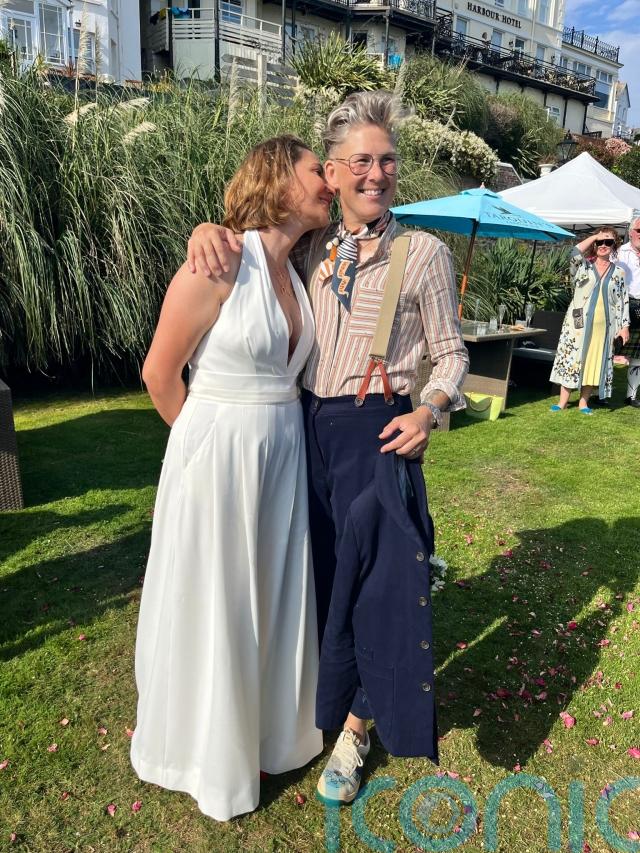
Kit spoke to several health professionals and gender surgeons but said they were told they would not be able to have gender affirming top surgery after their cancer diagnosis.
“That just felt even worse than the cancer because I thought I’m always going to feel uncomfortable about my body,” Kit said.
“That feeling of helplessness, psychologically, for someone going through a gender dysphoric state, is just really bad.”
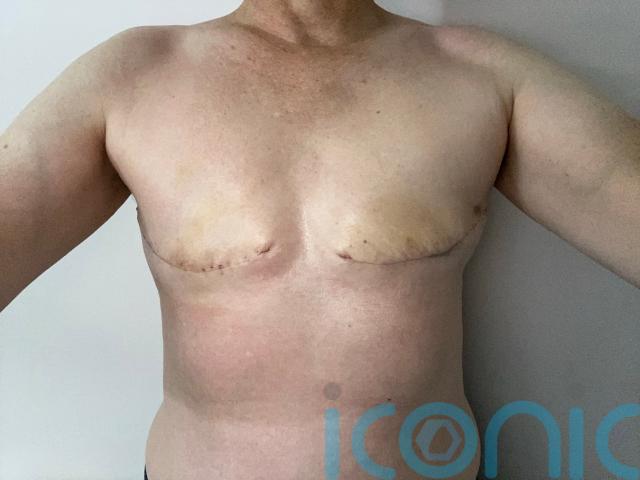
Kit was then able to seek the help of a private onco-plastic surgeon at King Edward VII’s Hospital in London who was able to offer them a double mastectomy to remove both breasts.
“I’m aware how lucky I was able to access private healthcare, not everybody has it at their disposal,” Kit said.
“It wasn’t a decision I took lightly, but I was one hundred percent convinced this was the right thing to do.”
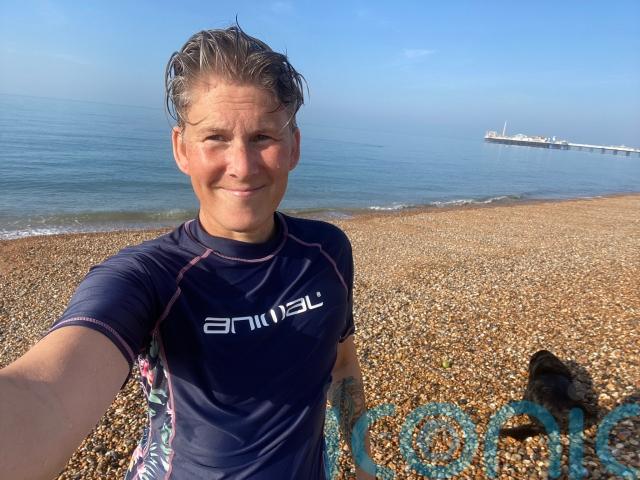
After several consultations, Kit was able to go under the knife to have both breasts removed in a six-hour operation.
“I felt grateful I was able to wake up with a flat chest and I was very grateful I had a cancer that could be dealt with by surgery,” they said.
“It gave me the chance to make something good out of something bad.”
The surgeon created nipples from Kit’s skin in January this year which will be tattooed over the coming winter months to make them look more realistic, marking the final part of their journey.
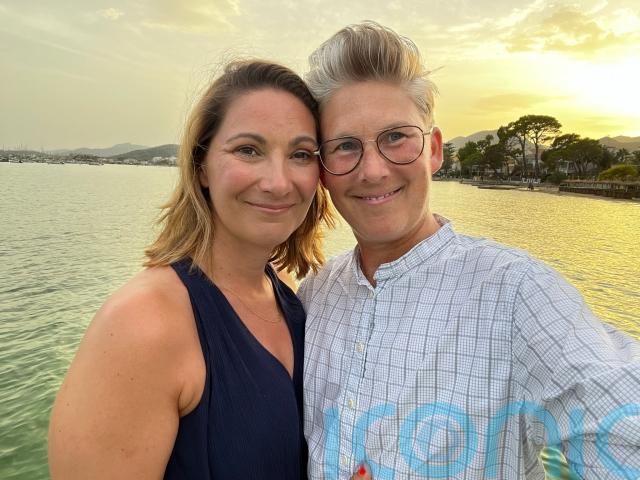
Kit now wants to urge others to adhere to health checks and screenings.
“No matter who you are or how you identify, absolutely go and have your health checks,” Kit said.
“If you still have a womb and ovaries for example, don’t forget about them, I know you may want to but those things can kill you if you aren’t seeking the appropriate care.”
Kit also hopes the needs of those who do not assign to a particular gender are better considered when treating a gender specific cancer.
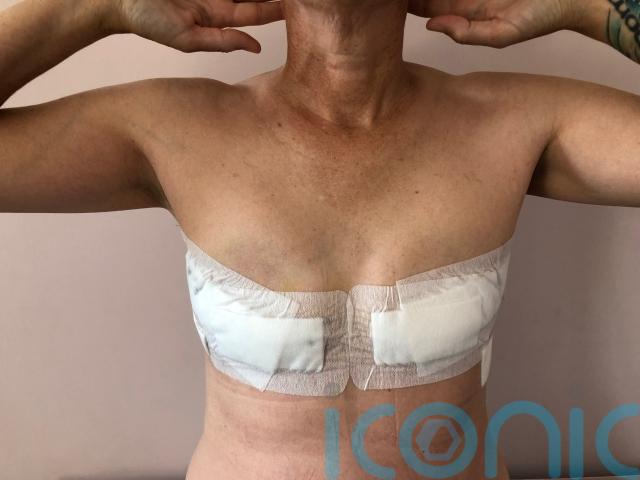
“Medical care isn’t binary, there isn’t just male and female,” Kit said.
“I think we should be looking at this as though there isn’t a one size fits all for cancer care.
“I feel the rest of someone’s situation should be taken into consideration when making those decisions.”
Kit has also worked and fundraised for Cancer Research UK, raising around £7,000 to date.
They are sharing their story in support of Stand Up To Cancer, the joint fundraising campaign from Cancer Research UK and Channel 4.
To find out more, visit: standuptocancer.org.uk/get-involved
Subscribe or register today to discover more from DonegalLive.ie
Buy the e-paper of the Donegal Democrat, Donegal People's Press, Donegal Post and Inish Times here for instant access to Donegal's premier news titles.
Keep up with the latest news from Donegal with our daily newsletter featuring the most important stories of the day delivered to your inbox every evening at 5pm.